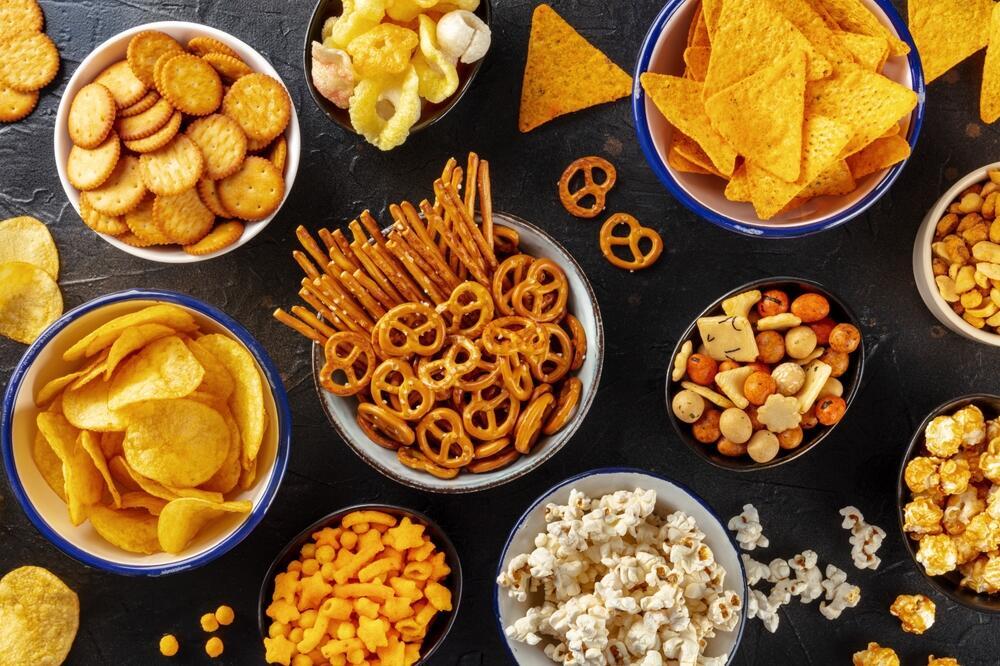Getting your Trinity Audio player ready...
What culinary delights do Israelis indulge in? According to the latest release from the Central Bureau of Statistics, approximately 30% of Israelis aged 20 and over savor at least three servings of vegetables daily, while 36% enjoy at least two servings of fruit. Meanwhile, 54% can't resist a sweet treat at least twice a week. Interestingly, there's been a noted decrease in sugary drink consumption since 2017.
Comparing these findings to the 2017 survey, which explored eating and dietary habits, there's a noticeable decrease in the consumption of vegetables, fruits and whole grains, alongside a rise in meat consumption. However, there's been a decline in sugary drink intake and a surge in the use of olive oil.
Current data reveal that 25.8% of men and 33.6% of women over 20 relish at least three servings of vegetables each day. A significant gap exists between Jews and Arabs in this habit, with 31.7% of Jews consuming three servings daily compared to 21.7% of Arabs. A similar disparity is seen in income levels, as 23.3% of those earning less than 2,000 shekels per month per person consume at least three servings of vegetables, compared to 31.5% of higher earners.
When it comes to sugary beverages, 21% of Israelis indulge in at least three cups a day, with men outpacing women, younger individuals surpassing older ones, and Arabs drinking more than Jews. A stark contrast exists between lower-income individuals (30.5%) and those with medium to high incomes (20.3%).
On the flip side, 8.4% of Israelis enjoy at least three diet drinks daily, with men again leading women, older individuals surpassing younger ones, and Jews drinking more than Arabs. Notably, those with medium to high incomes consume more diet drinks than those with lower incomes.
Educated individuals appear more swayed by red labeling that indicates high sugar and fat content. The data also reveals that 29.5% of Israelis delight in a savory snack at least twice a week, with men again surpassing women, and younger folks enjoying them significantly more than their elders (33% vs. 14.9%). There's a notable difference between Jews and Arabs, as 24.6% of Jews partake in savory snacks twice a week, compared to 50.4% of Arabs.
Regarding sweet snacks, 54.3% of Israelis indulge at least twice a week, with women more than men, younger people more than older, and a very slight gap between Jews and Arabs.
The Central Bureau of Statistics also examined nutritional labeling on food products. About 44% of Israelis report that red labeling on food packaging deters them from purchasing a product, with women more influenced than men, Jews more than Arabs, those in high-income households more than low-income ones, and academics more than non-academics.
Conversely, 41% say that green labeling indicating healthier foods encourages them to purchase a product, with women again more influenced than men, Jews more than Arabs, individuals aged 20-64 more than those 65 and older, those in high-income households more than low-income ones, and academics more than non-academics.




